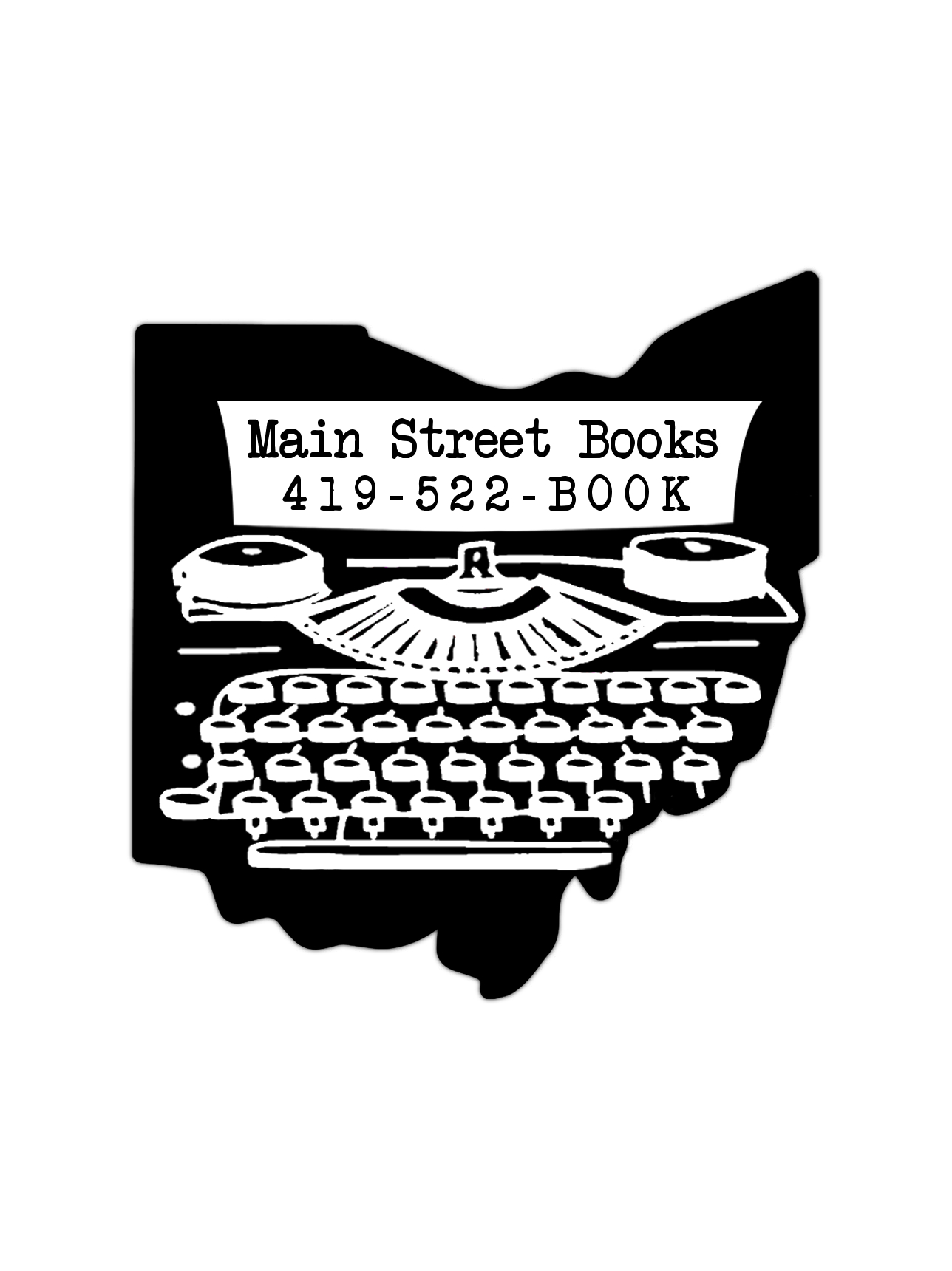Thanks to the modern majesty that is Facebook, I was reminded yesterday that five years ago, I was laid off from my job at the PowerHouse Arena bookstore in Brooklyn. I had worked there for two months. The manager told me, in her clipped German accent, that because I was the last full-timer to be hired, I was the first to go. I nodded politely until I thought my head might fall off, saying “yes, I understand,” again and again as she repeated the same bad news several times over, just worded differently. I went through the rest of the day feeling slightly detached from anything going on around me, telling myself this wasn’t the beginning of the end.
When I got home I called my dad and cried. Then I went to a Guy Fawkes party in Crown Heights at the house of someone whose name I’ve forgotten, though I do remember they had a chicken coop in the front yard. I stalked around the bonfire all night, angry, drinking straight from a wine bottle. The next afternoon I posted on Facebook: “Sleeping the till-noon sleep of the unemployed.” Not long after, I came home.
It is fitting then, that on the anniversary of the day my brief tenure in New York began to collapse, I am featured in a short film about my hometown’s downtown revival. Six months after I moved home from New York, I got a job here, at Main Street Books. Once I was ready to take over as manager, I had another interview with the shop’s owner, John Fernyak. At the end of what had been, I felt, a successful interview, he said “I need you to commit to two years here.”
I balked at that and equivocated. “I can try that!”
“I need you to commit to two years.”
“Ok, sure!”
“[…]”
“[…] Yes, I can be here two years.”
When I first started here, it was nothing more than a job. I was still planning on leaving again for some undefined “bigger and better” opportunity elsewhere. But the longer I worked in downtown Mansfield, the more the area grew on me and the more I grew to be part of the community.
“Community” was a word I had bandied about a lot before — usually in combination with the words “writing” or “literary” — but it wasn’t something I had ever felt before. In Mansfield, I began to understand what the word truly meant. It wasn’t really a conscious decision on my part; it was more a necessity of survival. If we don’t all work together here, nothing works. For me it began with the first downtown scavenger hunt, when 20-some stores worked with me to hide tiny Waldos in their shops and donate prizes for the area kids. It strengthened later with the neighborhood working together for the first time on Small Business Saturday.
Suddenly “community” wasn’t a group of writers pretending to support each other, being inwardly jealous at each other’s success — it was a collection of business owners, employees, customers, and patrons working together for the betterment of the whole neighborhood. This was a feeling I had never experienced in any of the big cities I lived in, and at none of the other bookstores I worked in. It felt like home.

